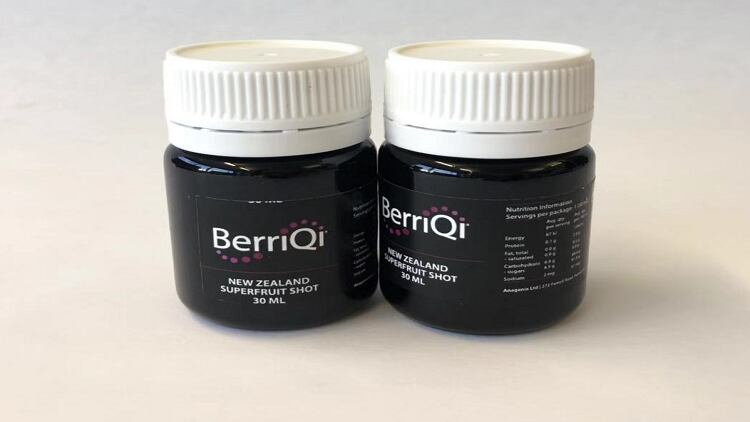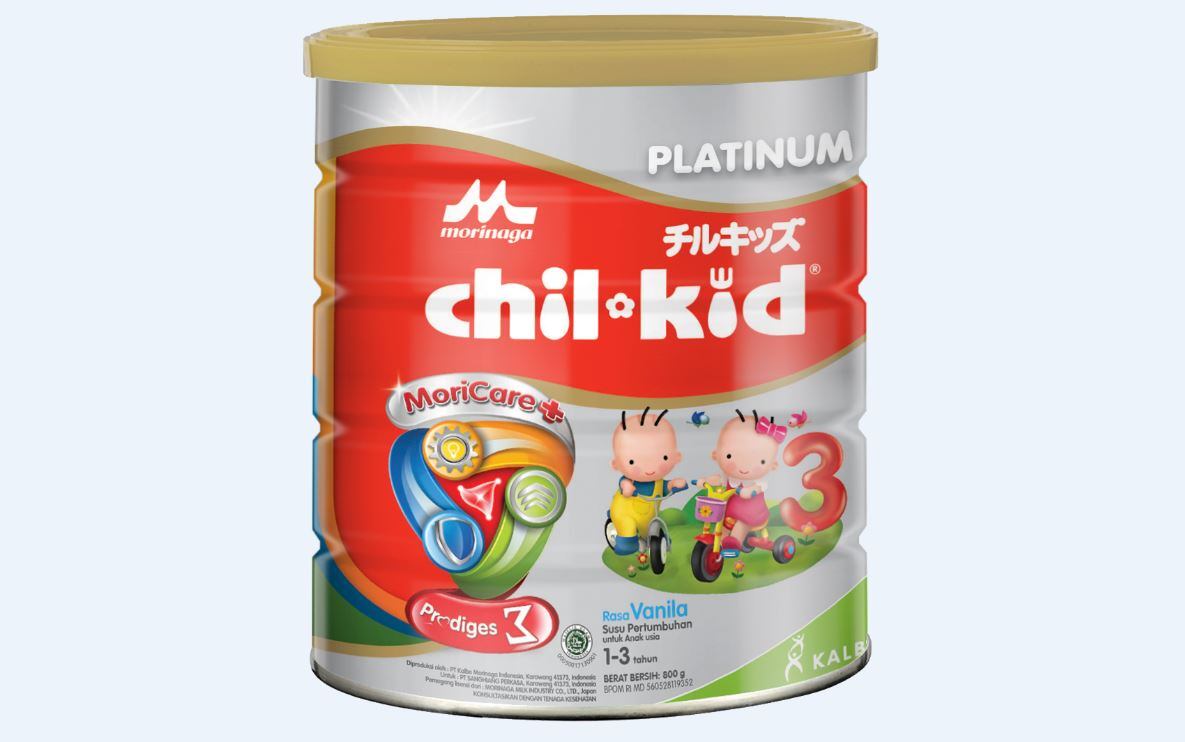The COVID-19 pandemic has forced many human clinical trials to be put on hold or postponed.
In the case of the New Zealand firm, it was supposed to trial its boysenberry formula trademarked BerriQi in China this year.
This would have been done as part of the government-backed High Value Nutrition National Science Challenge.
Nonetheless, the firm decided to go ahead with the trial, but this time round, it will take place in home country New Zealand, and almost the entire process will take place online.
Anagenix will be taking part in an exclusive webinar with NutraIngrdients on September 29 to discuss lung health opportunities on September 29. Register for free here.
It also recently won a coveted NutraIngredients-USA award for Prebiotic Ingredients of the Year for its Livaux product.
Speaking to NutraIngredients-Asia, product champion Doug Rosendale said that the trial would target patients suffering from sarcoidosis – a lung and skin disease which can lead to symptoms such as shortness of breath and persistent dry cough.
The trial, targeting to recruit 55 patients, will examine whether BerriQi supplementation could lead to an improvement in breathing capacity from the baseline levels.
It will also find out the underlying mechanisms of the ingredient in lung repair.
The blood serum level of angiotensin-converting enzyme, a known biomarker for sarcoidosis, will also be measured.
The randomised, cross-over, placebo-controlled, double-blinded study will require the test subjects to drink a 30ml bottle of BerriQi per day, while the control group will take a placebo for a month.
This will be followed by a two-weeks wash out period, and after which, subjects in the two test and control groups will swap roles.
Rosendale said that the trial would mostly take place online, including the recruitment of subjects and subsequent follow-ups on the patients would be conducted via an online questionnaire.
The test products will be delivered over to the subjects and they are requested to send back empty bottles of the products to the researchers to show that they have been consuming the drink.
Blood samples and other bio-measurements will be taken when the subjects visit the healthcare providers as part of their routine check-ups.
“COVID-19 has changed the nature of where we are. The new norm is to do science at a distance,” said Rosendale.
The study, pending approval from the research ethics committee, is expected to roll out at the end of this year.
Social media connections
One of the special attributes of the trial is that it will recruit sarcoidosis patients from online social media communities, such as the Sarcoidosis Facebook groups.
The administrator of a number of these online groups, Darcy Schack, who is also a sarcoidosis patient, said that this would be the first time that the community was involved in the clinical trial of a nutraceutical product.
According to Schack, there are about 50,000 of sarcoidosis patients who are members of these groups.
“We have a community of people who suffer from poor lung function and that's really important to try to find new and potential interesting treatments, things that can help us.
“If you can’t breathe, nothing else matters. So, if you have something that can help us breathe, our whole community is going to take this up, plus the fact that this is being done in such a scientific manner,” Schack said.
In fact, the idea to conduct the online clinical trial first started off with the plan to invite sarcoidosis patients to review BerriQi.
“We were talking about getting testimonies and then we thought why we don’t just do the clinical study that way.
“We have got high motivated and educated consumers who could really benefit from the product and are willing to try it, so we thought that's how we can do this study,” Rosendale said.
Moving forward, the company still hopes to pursue a clinical study in China, said marketing director Elizabeth Tay.
“As soon as all this clears up, we still hope to pursue a clinical study in China, because China is still a big market and I think it still requires focus,” she said.





